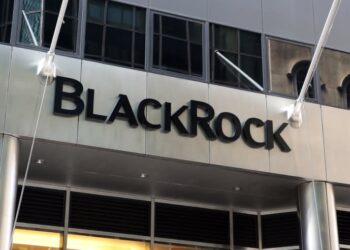Global payouts rose 3.6 per cent to a first-quarter record of $275.4 billion in 2020, but Janus Henderson is predicting that dividends will fall by at least 15 per cent and as much as 35 per cent off the back of COVID-19.
“This downturn does look likely [to] be very steep, but the support from governments and central banks has been on an unprecedented scale, which we can only hope will make any recovery swift,” said Ben Lofthouse, co-manager of global equity income. “Dividend suspensions are inevitable due to the sudden, unprecedented halt in economic activity in many countries. For 2020, Q1 dividends have been paid so the full peak-to-trough impact is likely to be seen over the next 12 months or so.”
Janus Henderson has withdrawn its dividend prediction due to uncertainty, but is offering a range of outcomes. Its best-case scenario incorporates only those cuts that have already been announced or that are likely to be, and predicts a 15 per cent fall to $1.21 trillion – a decline of $213 billion. But its worst-case includes all vulnerable companies and considers the level of corporate indebtedness and predicts a 35 per cent fall this year to $933 billion.
“The breadth of the range reflects the rapidly developing crisis and the likelihood that some companies will simply reduce their payouts, rather than cancel them altogether, as they look to conserve cash and bolster their balance sheets,” Janus Henderson said in the report.
Janus Henderson screened companies representing over three-quarters of dividends by value, tracking those that had already cancelled or suspended payouts, those with payouts that are vulnerable, and those least likely to be affected. Banks and the consumer discretionary sector are most likely to be affected, while there is also “widespread vulnerability” in the oil and mining sectors. However, technology companies and defensive sectors like healthcare, food and consumer basics offer “relative safety”.
Janus Henderson sees the shift as being partly influenced by the unprecedented support offered to corporates by the government.
“In many cases changes to dividend policies reflect the inability to predict when things return to ‘normal’, but a new factor is the consideration of the relationship between government support and company behaviour,” Mr Lofthouse said. “In some cases, dividend changes, along with executive pay moderation, are an acknowledgement or even requirement that shareholders should be part of society’s COVID-19 response.”







